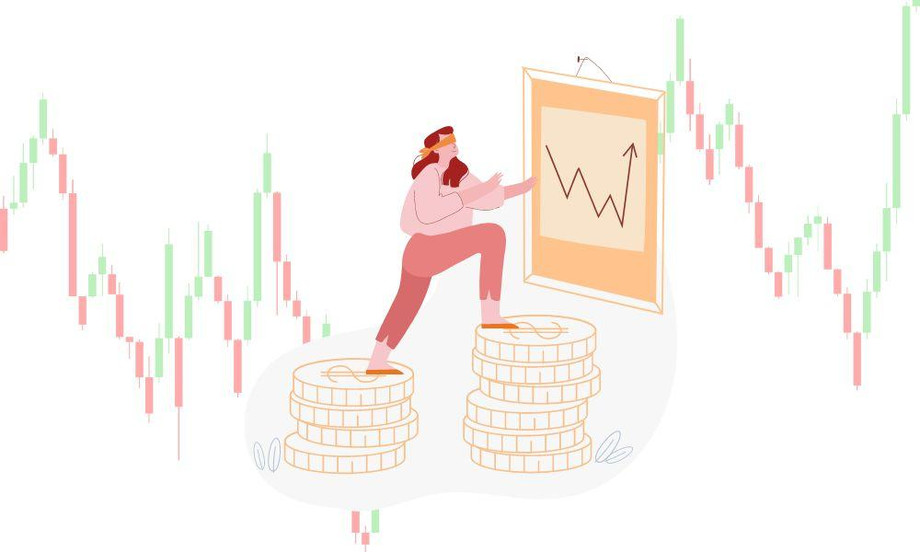People often say that the forex market is volatile, but even though currency prices change very quickly, they don't change randomly like prices usually do when the market is volatile. This is because the forex market is the most active. Because there are so many buyers and sellers, the price moves in smaller steps.
Most major currencies only change by a small amount from one day to the next. But liquidity is lower for non-major currency pairs, so the difference between the day's high and low tends to be bigger. This is clear when we look at the difference in percentages between the major, crossed, and exotic pairs.
Most currency changes happen when important data comes out, such as decisions about interest rates, retail sales, inflation, employment numbers, and industrial production.
What factors cause forex volatility?
Whether it be throughout the market as a whole, in a particular currency, or in the shares of a single company, heightened uncertainty is the root cause of market volatility. When it comes to the foreign exchange market, there are a variety of factors that have the potential to influence the pricing of its primary currencies, including the following:
Factors pertaining to geopolitics: The choices that countries and political leaders make on trade deals, policy, and legislation have the potential to elicit powerful reactions. While some degree of volatility in the markets is desirable, a high level of uncertainty that persists for an extended period of time (as may be the case in the event of conflicts, for example) is not good for the confidence of traders or the market as a whole.
Trade Wars: Whether it's the United States competing against China, the United States competing against Europe, or any other region or country, trade wars can also produce volatility in the markets due to the billions or trillions of transactions that are involved. At some point or another, all of the currencies that are involved in the trade war will be impacted, and it doesn't matter how or why.
Monetary Policies: Central banks all over the world play a significant role in the management of the flow of money by enacting various monetary policies. By controlling the levels of interest rates, they have the ability to control the amount of money that is circulating. It is essential for a trader in foreign exchange to stay informed about the decisions made by any important central banks. And when positive developments are published by major central banks, such as the US Federal Reserve, the European Central Bank (ECB), the Bank of England (BoE), the Bank of Japan (BoJ), the Bank of Canada (BoC), or the Reserve Bank of Australia (ARB), the markets have a tendency to react favorably. When data releases reflect poor market performance or fall short of meeting market expectations, the opposite of what was predicted will occur.
Market sentiment or liquidity: In general, the people behind market movements are the ones who drive market movements. Traders and investors are responsible for driving the movement of the markets through their respective transactions. The volatility of the market can shift in either a positive or negative direction depending on the prevalent emotion. The greater the number of market participants who are eager to purchase and sell a certain item, the lower the probability that a single transaction would result in a significant change in price. Therefore, less liquid markets are typically more volatile than others because prices are more prone to sudden shifts.

